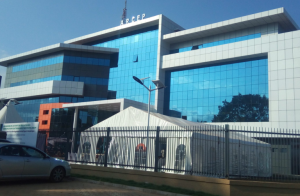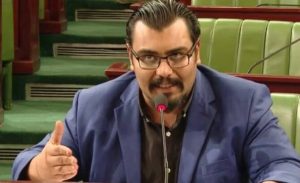Burkina Faso / Cabinet meeting of July 30, 2025: Key measures for the country’s development

On Wednesday, July 30, 2025, under the chairmanship of Captain Ibrahim TRAORÉ, the Council of Ministers made significant decisions to address current challenges in Burkina Faso. Among the key measures discussed were the regularization of social debt, a draft bill on the Press and Audiovisual Communication Code, and the adoption of special statutes for the Burkina Broadcasting and Television Corporation (RTB). These decisions mark an important step in the ongoing reforms aimed at ensuring the proper functioning of institutions and promoting national development.
The Council approved a report concerning the implementation of civil servants’ class advancements. This project, led by the Ministry of Public Service, aims to recognize the efforts of public sector workers, particularly in the fight against terrorism. Approximately 36,000 civil servants will benefit from this measure, moving from the first to the second class, while 367 others will advance from the second to the third class. Representing an investment of nearly 10 billion CFA francs, this decision reflects the government’s commitment to supporting its personnel in their service to the nation.
Another major topic addressed was the reform of the media sector, with the adoption of a draft bill establishing the Press and Audiovisual Communication Code. This new legislation aims to unify existing laws governing print, online, and broadcast media. Its objective is to modernize the legal framework of the media landscape in Burkina Faso by increasing accountability among stakeholders and clearly defining the roles of journalists and technical staff. The bill also supports the transition to digital terrestrial television (DTT) and seeks to improve regulation within the audiovisual sector.
The Council also approved a decree concerning the special statutes of the RTB. This decree introduces a new organizational structure for the national broadcaster, enabling it to better address technological and organizational challenges in the media industry. With this reform, RTB will be better equipped to adapt to the fast-paced evolution of the audiovisual sector and strengthen its role in information and cultural dissemination. This decision underscores the government’s intention to modernize its media institutions to better serve the public and keep pace with contemporary developments.
In conclusion, the decisions made during this Council of Ministers meeting highlight the government’s determination to modernize the operations of the Burkinabè state. By focusing on improving working conditions for civil servants, reforming the media sector, and updating public institutions to meet 21st-century challenges, Burkina Faso appears committed to continuing its path toward development while responding to the needs of its population.






